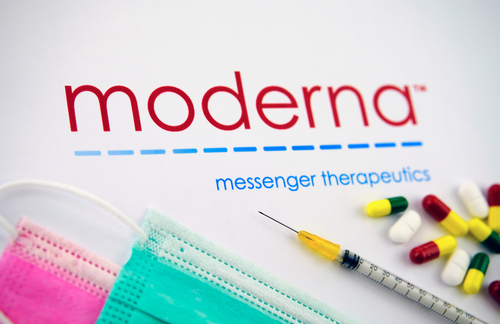
A COVID-19 vaccine candidate — mRNA-1273 — produced by Moderna, Inc. and the National Institute of Allergy and Infectious Diseases (NIAID) brought broad immune responses and protection to the upper and lower airways of nonhuman primates, NIAID scientists reported this week.
After two doses of the vaccine on rhesus macaques exposed to SARS-SoV-2 — the virus that causes COVID-19 — the primates produced high levels of neutralizing antibodies. In fact, though receiving 10 microgram or 100 microgram doses of the vaccine produced antibodies at levels above even those people who have recovered from COVID-19. Injections were undertaken 28 days apart, according to the details published in the New England Journal of Medicine.
Further, the experimental vaccine did not induce responses associated with vaccine-associated enhancement of respiratory disease, which could have proven a dangerous side effect.
During the trial — a phase 1 clinical trial sponsored by NIAID — the macaques were exposed to SARS-CoV-2 four weeks after their second injection. After two days, seven of the eight macaques had no detectable cases of a replicating virus within them, while eight macaques given only placebos continued to suffer from that virus.
Importantly, investigators noted that this represents the first time an experimental COVID-19 vaccine showed rapid viral control in the upper airways of nonhuman primates. For reference: if SARS-CoV-2 is kept from replicating in the lungs, its potential in individuals would be severely limited, and so would its spread.




